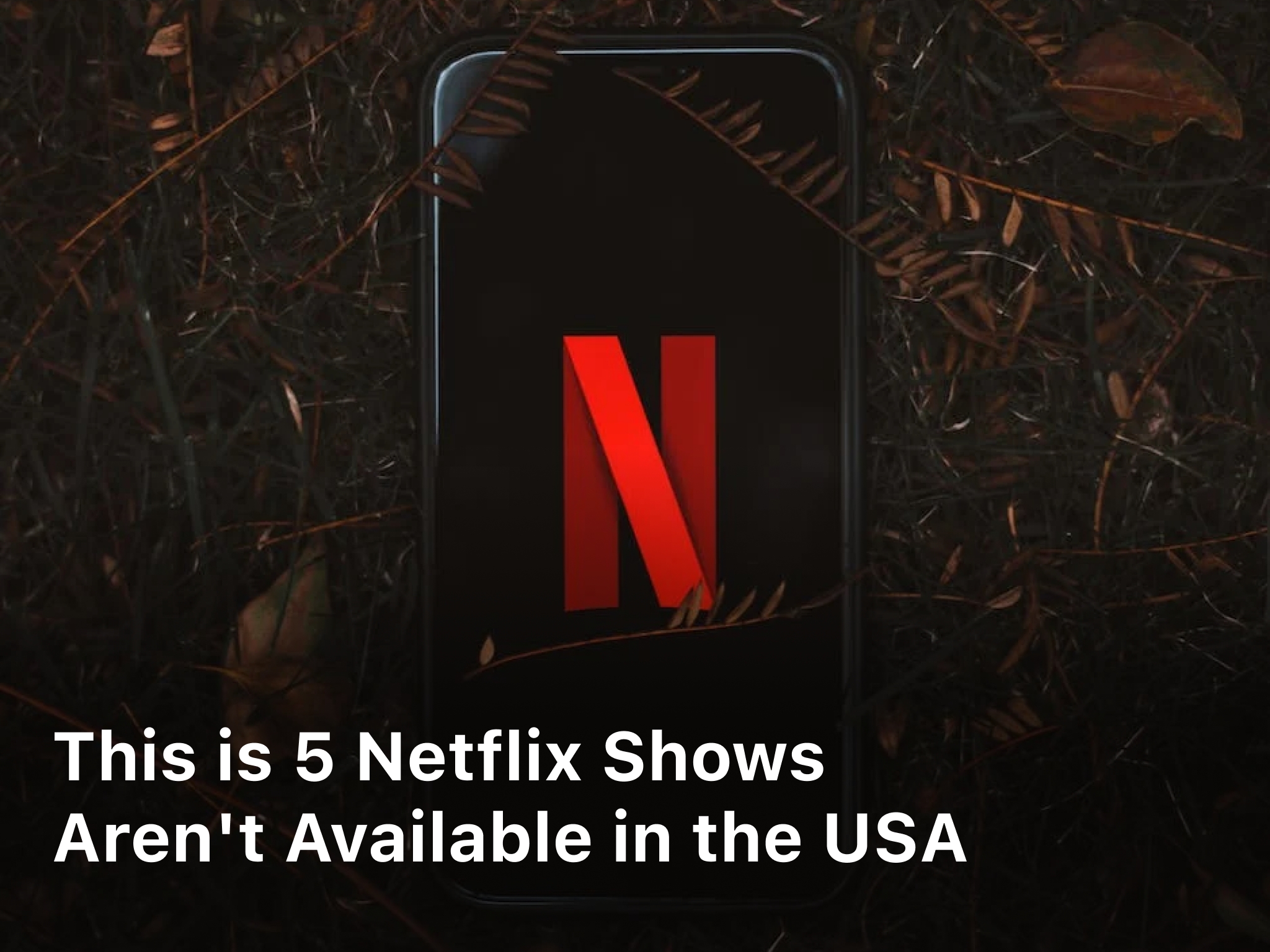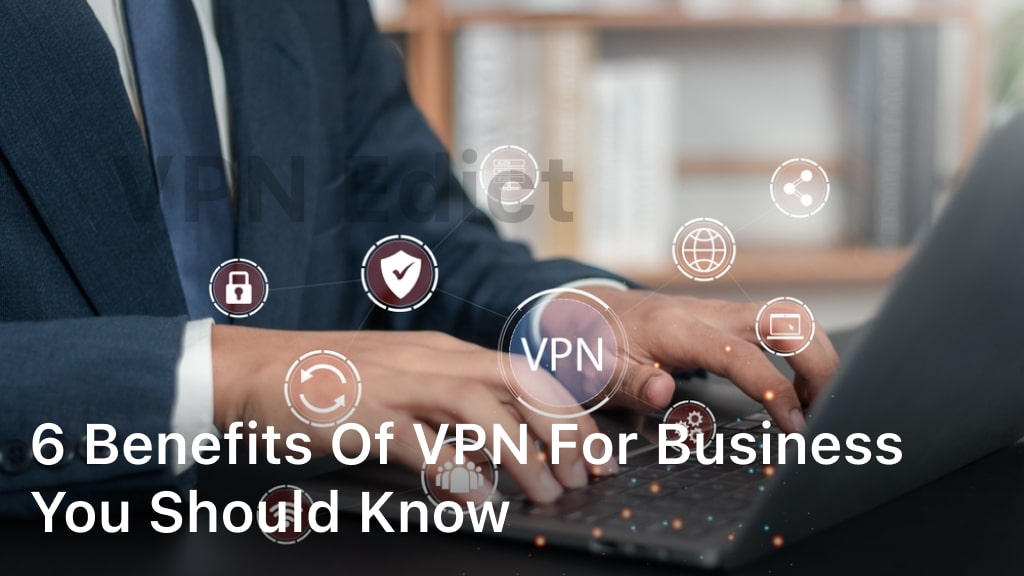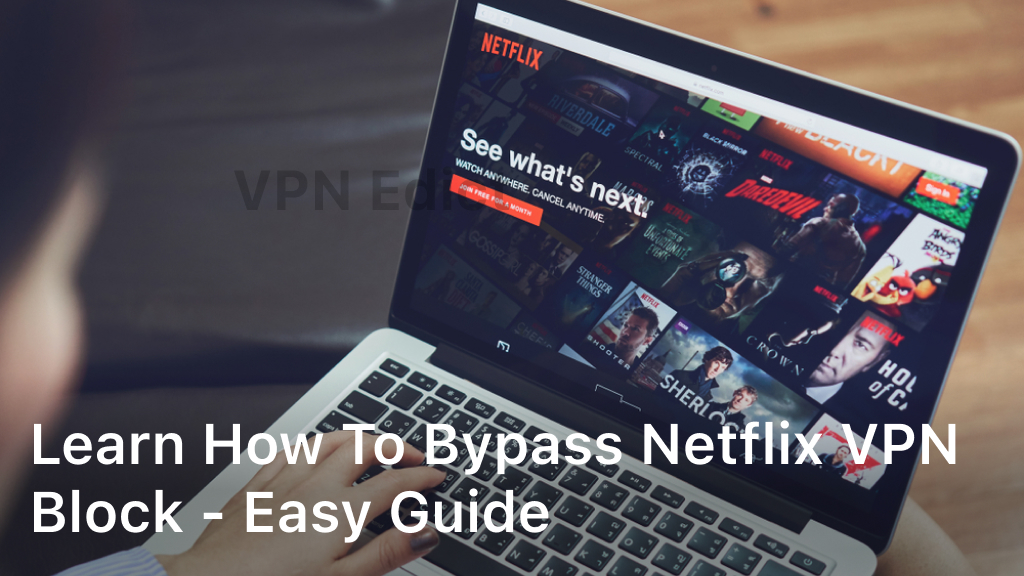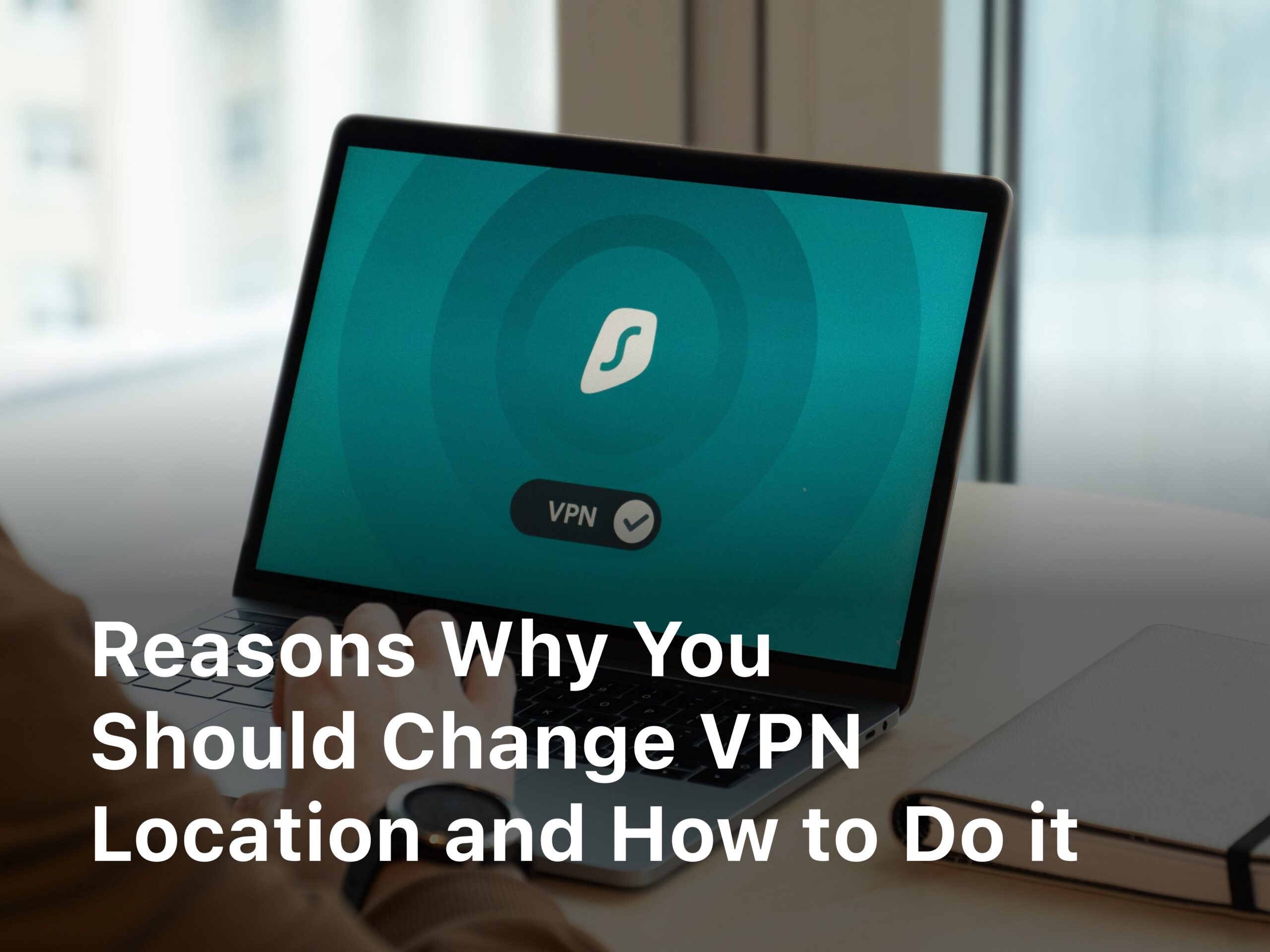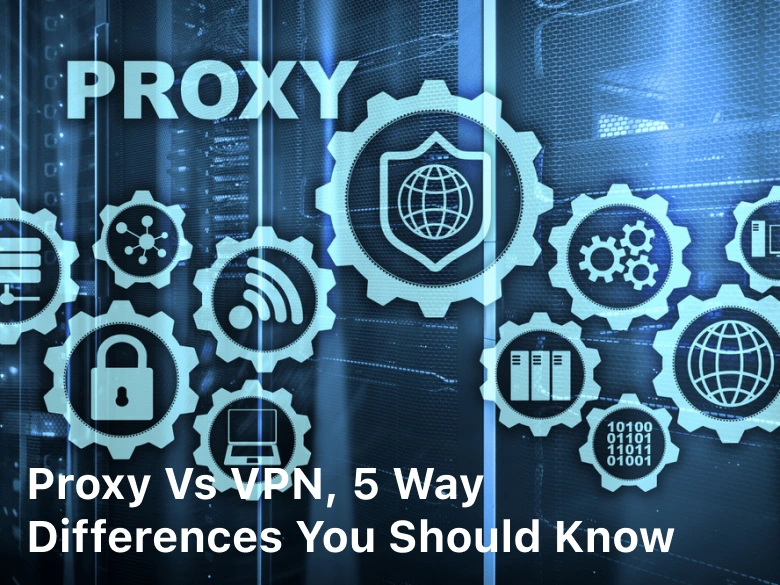
Proxy vs VPN, 5 Way Differences you Should Know – Discover the key differences between proxy servers vs VPN in this comprehensive guide. Learn how each technology works, when to use them, and why they matter for your online security and privacy.
Discover the critical distinctions between Proxy vs VPN. Uncover which one suits your online security and privacy needs. Dive into the world of VPN vs Proxy server to make an informed choice.
In the digital age, online privacy and security have become paramount concerns. With an increasing number of cyber threats and privacy breaches, individuals and organizations alike are seeking ways to safeguard their online activities.
Two popular tools that come to the rescue are Proxy servers and VPN. In this comprehensive guide, we will explore the differences between Proxy vs VPN, helping you make an informed choice to protect your digital life.
The battle between Proxy vs VPN has been raging in the world of cybersecurity for quite some time now. Both Proxy servers and VPN serve as intermediaries between your device and the internet, but they do so in different ways and with different objectives. Understanding the nuances of Proxy vs VPN is essential for choosing the right tool to meet your online security and privacy requirements.
Proxy Servers
A proxy server acts as an intermediary between your device and the internet. When you connect to the internet through a proxy server, it routes your internet traffic through its own IP address, masking your real IP address in the process.
Here are some key features of Proxy servers:
- Anonymity: Proxy servers can provide a degree of anonymity by hiding your IP address. However, they may not offer the same level of privacy as VPNs.
- Speed: Proxies are generally faster than VPNs because they don’t encrypt your data. This makes them suitable for tasks like web browsing and accessing geo-blocked content.
- Limited Encryption: Unlike VPNs, proxies often lack robust encryption. This means that your data may not be as secure when transmitted through a proxy server.

VPN (Virtual Private Network)
A Virtual Private Network, or VPN, creates a secure and encrypted connection between your device and a server operated by the VPN provider. VPNs offer several advantages over proxy servers:
- Enhanced Security: VPNs use strong encryption protocols to protect your data from eavesdroppers. This is particularly important when using public Wi-Fi networks or accessing sensitive information.
- Privacy: VPNs are known for their ability to provide a high level of privacy. They hide your IP address and make it difficult for websites and third parties to track your online activities.
- Geo-unblocking: VPN are effective at bypassing geo-restrictions, allowing you to access content that may be blocked in your region.
Proxy vs VPN
Let’s delve deeper into the key differences between Proxy vs VPN to help you make an informed decision.
1. Security
Proxy Servers: While proxies can provide some level of security by hiding your IP address, they often lack robust encryption. This means that your data is vulnerable to interception by malicious actors.
VPN (Virtual Private Network): VPNs are designed with security in mind. They encrypt your internet traffic, making it nearly impossible for hackers to intercept and decipher your data. This level of security is crucial, especially when dealing with sensitive information or conducting online transactions.
2. Privacy
Proxy Servers: Proxies offer a basic level of privacy by masking your IP address. However, they may still leak information about your online activities, such as the websites you visit.
VPN (Virtual Private Network): VPNs excel in providing privacy. They not only hide your IP address but also encrypt your data, ensuring that your online activities remain confidential. This is particularly important in countries with strict internet censorship or surveillance.
3. Speed
Proxy Servers: Proxies are known for their speed. Since they don’t encrypt your data, they can be faster than VPNs. This makes them suitable for tasks that require a quick connection, such as streaming or online gaming.
VPN (Virtual Private Network): VPN, due to the encryption they apply, may slow down your internet connection slightly. However, modern VPN services have improved significantly in terms of speed, and for most users, the difference is negligible.
4. Geo-unblocking
Proxy Servers: Proxies can be used to bypass geo-restrictions and access content that is otherwise unavailable in your region. However, their effectiveness in this regard can vary.
VPN (Virtual Private Network): VPNs are highly effective at geo-unblocking. By connecting to a server in a different location, you can access websites and services that are restricted in your country. This is a major advantage for those who want to enjoy global content libraries.
5. Encryption Types
Proxy Servers: Proxies rarely use encryption.
VPN (Virtual Private Network): VPN use advanced encryption protocols, ensuring data security.
Here’s a comparison table highlighting the key differences between Proxy and VPN:
| Feature | Proxy Server | VPN (Virtual Private Network) |
|---|---|---|
| Security | Offers limited security; may not provide encryption. | Offers strong security with data encryption. |
| Privacy | Provides basic anonymity by masking IP address. | Offers high-level privacy with IP masking and data encryption. |
| Speed | Generally faster as it doesn’t encrypt data. | Slightly slower due to encryption, but modern VPNs are fast. |
| Geo-unblocking | Can bypass geo-restrictions, but effectiveness varies. | Highly effective at bypassing geo-restrictions and accessing global content. |
FAQs (Frequently Asked Questions)
Q1. Which is better for online privacy, a proxy server or a VPN?
A1. A VPN is generally better for online privacy compared to a proxy server. VPNs not only hide your IP address but also encrypt your data, making it extremely difficult for anyone to track your online activities. Proxies, on the other hand, offer a basic level of anonymity but may not provide the same level of data protection.
Q2. Are proxies free to use, and do I need to pay for a VPN?
A2. Many proxies are free to use, but they often come with limitations in terms of speed, security, and reliability. VPNs typically offer both free and paid options. While you can find free VPNs, premium VPN services generally provide better security, faster speeds, and more server locations.
Q3. Can I use both a proxy and a VPN simultaneously?
A3. Yes, it is possible to use both a proxy and a VPN simultaneously, a practice known as “double tunneling.” However, this setup can be complex and may not always provide significant benefits. It’s essential to configure both tools correctly to avoid conflicts.
Q4. Will a proxy or VPN help me access region-locked content?
A4. Both proxies and VPNs can help you access region-locked content by masking your real IP address and routing your connection through servers in other locations. However, VPNs are generally more reliable for this purpose, as they offer stronger encryption and a wider range of server locations.
Conclusion
In the ongoing debate of Proxy vs VPN, the choice ultimately depends on your specific needs. If you prioritize speed and only require basic anonymity, a proxy server may suffice. However, if you value robust security, enhanced privacy, and reliable geo-unblocking capabilities, a VPN is the superior choice.
When it comes to protecting your online activities and personal data, investing in a reputable VPN service is often the wisest decision. It ensures that you not only maintain your privacy but also stay one step ahead of cyber threats and geo-restrictions. So, whether you choose Proxy vs VPN, make an informed decision to safeguard your digital life.

